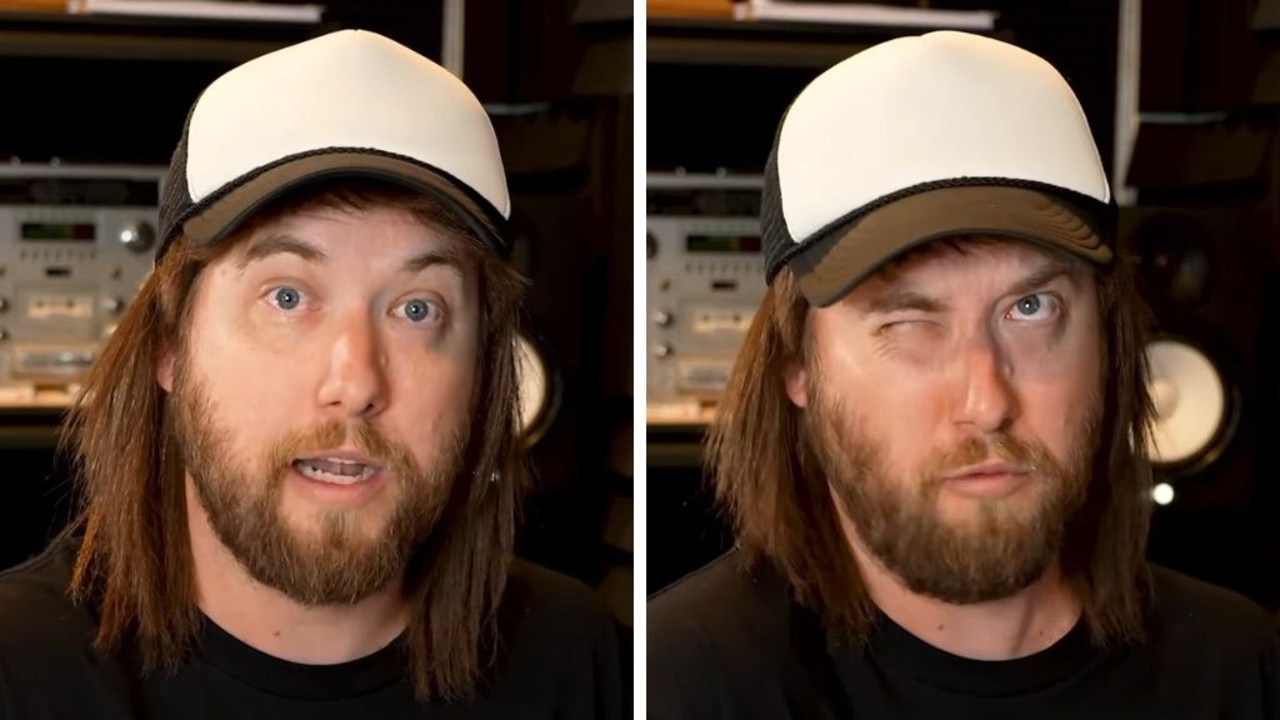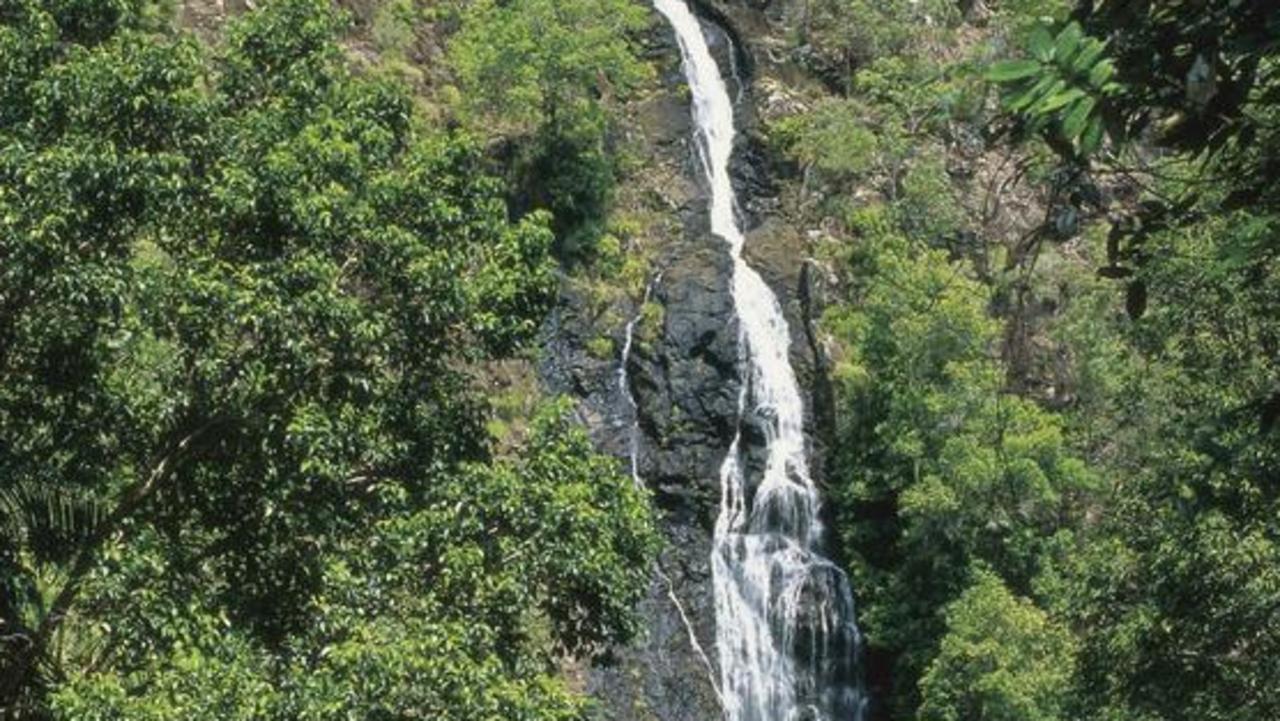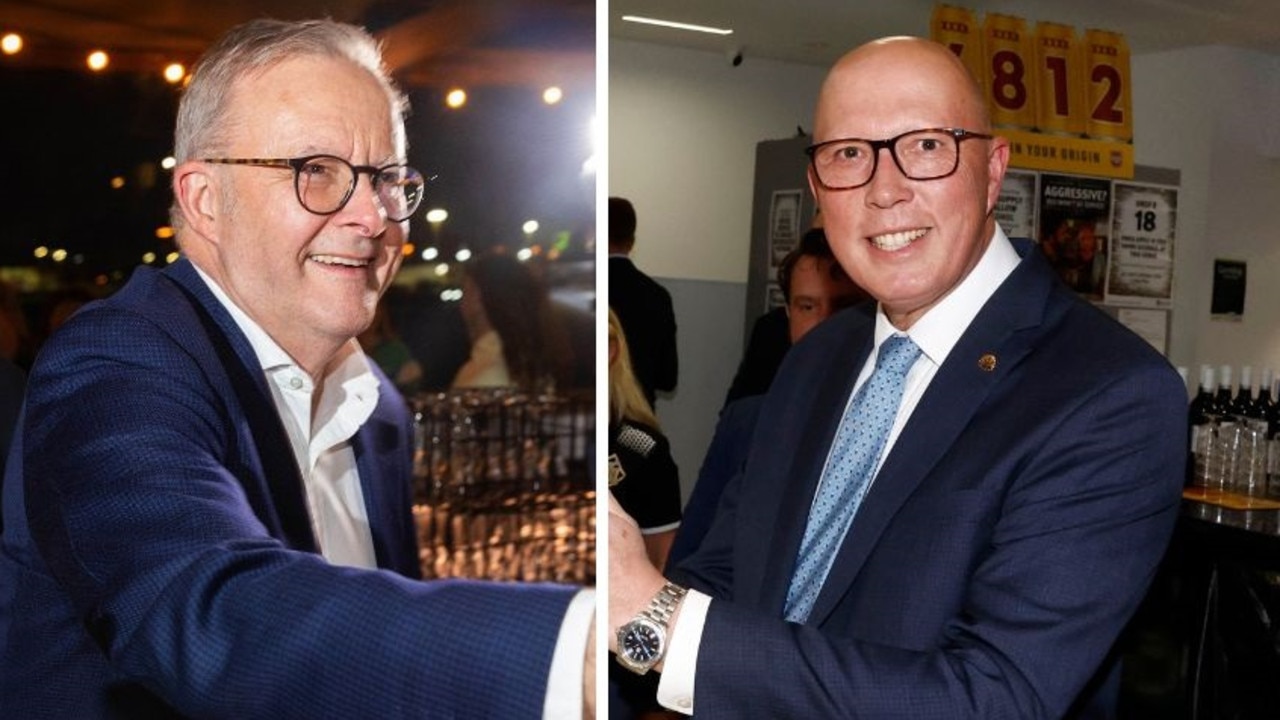Ex-SAS commander Andrew Hastie hits out at ‘toxic personalities’ after war crimes report
Former SAS troop commander Andrew Hastie has lashed the “toxic personalities” who have shamed Australia’s special forces.
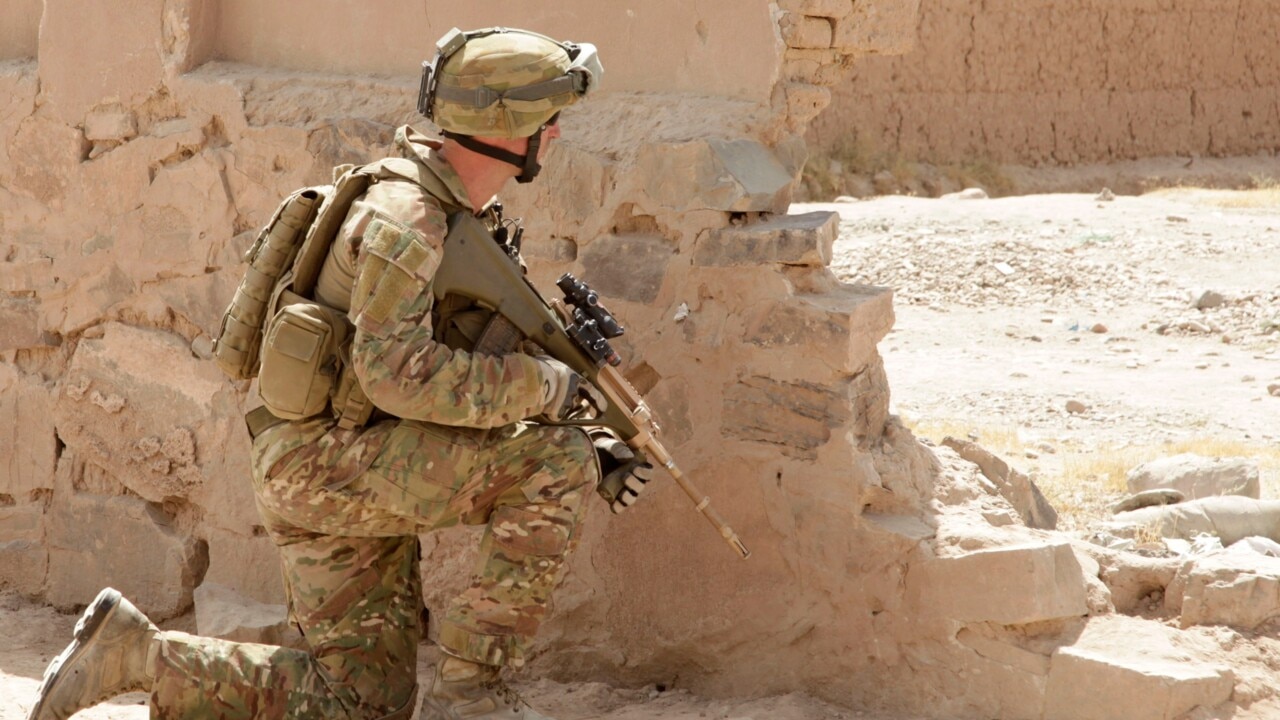
Former SAS troop commander Andrew Hastie has lashed the “toxic personalities” who have shamed Australia’s special forces hailing the whistleblowers who told the truth as heroes.
The West Australian MP, who is not under investigation by the Brereton report, deployed to Afghanistan as a Troop Commander in 2013 as part of the Special Operations Task Group.
Writing in The Australian newspaper, Mr Hastie said he was “grieved” by the report findings, particularly for the soldiers who served with distinction.
“I did not anticipate that 10 years later I would be a member of parliament, explaining how we found ourselves in a dark place,’’ he said.
“Like all of us, I am grieved by the findings of the Brereton Report, handed down by the Chief of the Defence Force.
“There is much to be troubled by: the report details credible information regarding allegations of unlawful killings by Australian soldiers. Specifically, 23 incidents of alleged unlawful killings of 39 people, perpetrated by 25 Australian special forces soldiers — mainly from the Special Air Service Regiment.
“The report is hard reading. It is comprehensive, detailed and unsparing in its judgment on those alleged to have committed war crimes. As a former officer of the SASR and someone who believes in regimental honour, I feel great shame in what has occurred.”
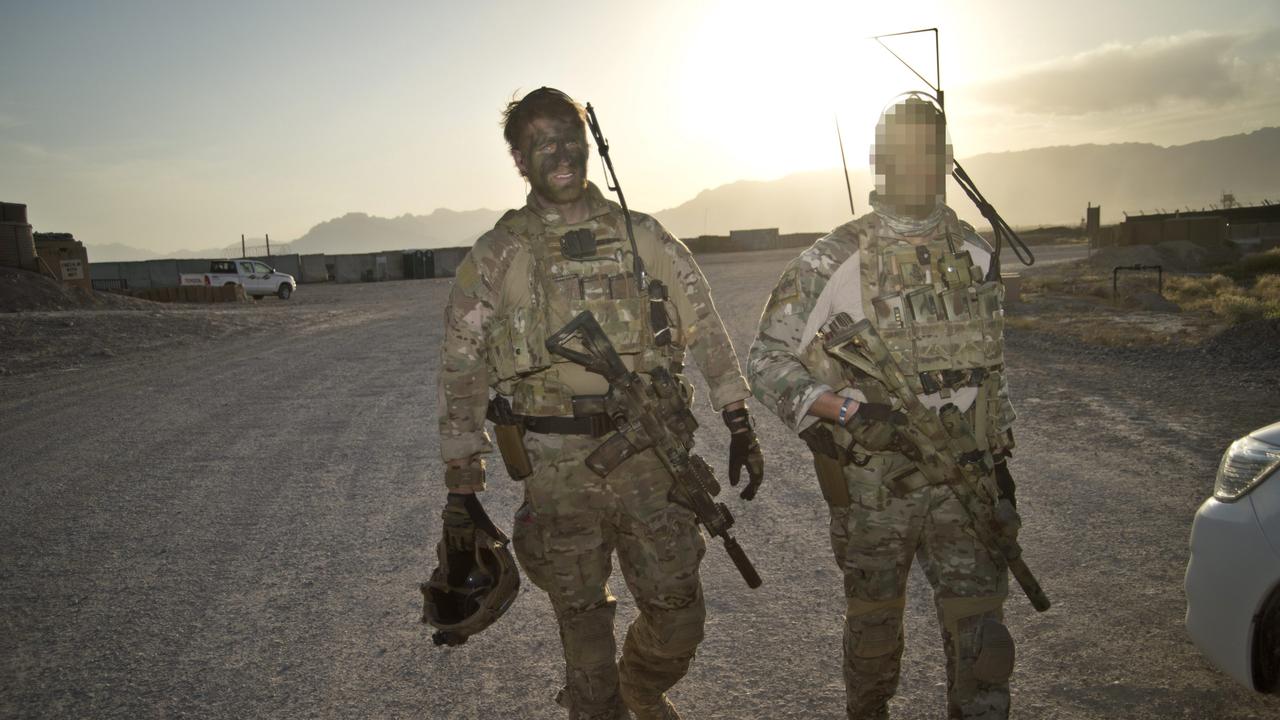
WARRIOR CULTURE
While an ego-driven “warrior culture” has been blamed, Mr Hastie said it was also necessary if harnessed in the right way.
“Sometimes, SAS operators carried themselves like modern incarnations of Achilles, Thor or Mars. I reject that culture, too. But I believe a warrior culture is an important part of an elite combat unit. It all depends on the beliefs and values you build it on,’’ he writes.
“The warrior ethos I sometimes saw was about power, ego and self-adulation. It worshipped war itself. It was the opposite of the humility that I expected to find at SASR.
“But there was a competing, more positive warrior culture at SASR; it just wasn’t the prevailing one at the time. If you looked closely, you’d find humble, quiet operators.
“Tough as nails. Fiercely competitive. Supremely competent at arms. The sort of bloke that you’d want next to you in a gunfight. They never thought themselves bigger than the team or the mission. They were humble. They were committed to truth.
“They were the ones who blew the whistle and repudiated the dark toxic personalities that have shamed the SASR in Afghanistan. Many are still serving quietly in the shadows
“Those men exist. They are serving at present. They have done nothing wrong.”
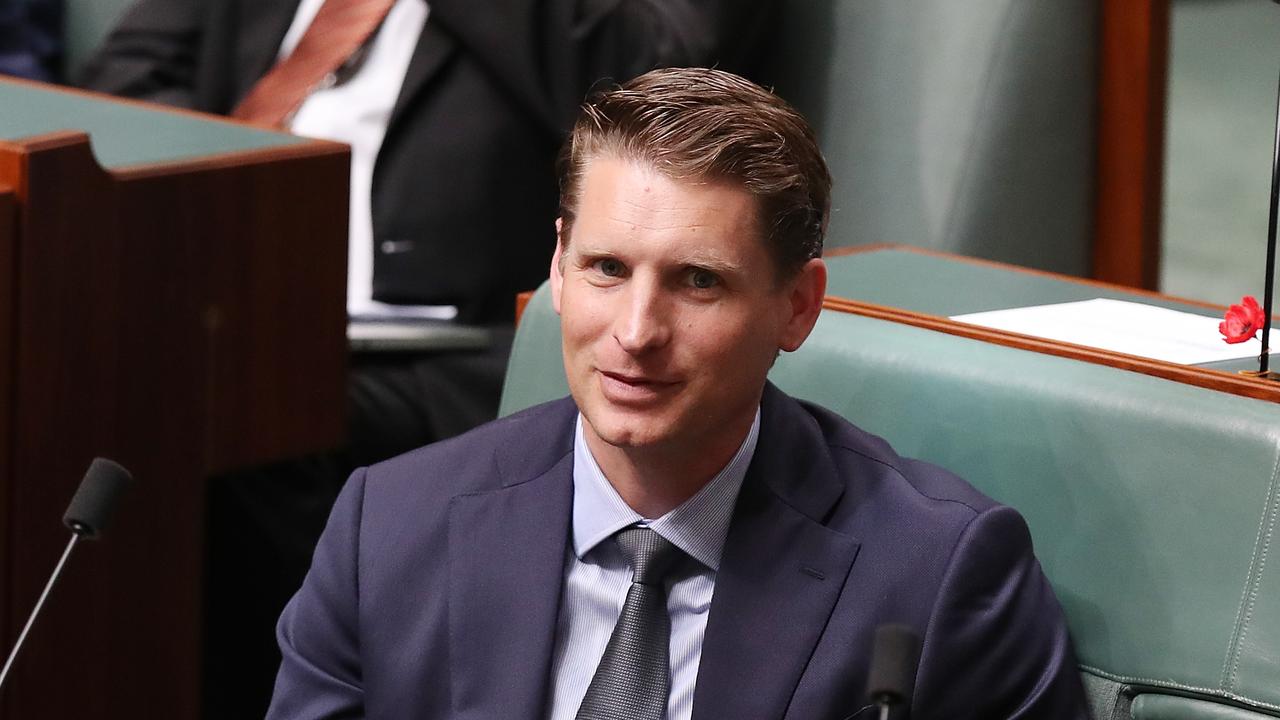
SEVERED HANDS SCANDAL
Mr Hastie himself was previously cleared over a notorious “severed hands” incident during an operation in Afghanistan involving 120 SAS and commandos.
According to leaked documents exposed in the ABC’s Afghan Files series, an SAS corporal severed the hands of three insurgents to collect fingerprints of the dead Taliban fighters.
The report said: “In his evidence (the SAS corporal) said that once again he had severed the hands of EKIAs 2 and 3 of his own volition, as there was time pressure to retrieve the biometric material and to get back to the helicopters for extraction.”
“At this point in time patrol commander (a sergeant) … arrived at EKIA 3, and seeing the two hands on the ground, exclaimed words to the effect: ‘What the f*** are you doing?”
According to the ABC report, Captain Hastie, then the commander of Troop B, observed a severed hand “at the site of the EKIA 3” and also asked what was going on.
After returning to base, Captain Hastie and the sergeant “discussed the incident at length and asked another SAS member to find out if the practice was permitted under Defence rules and regulations.”
“Cpt Hastie told his men not to sever any more hands and the next day reported the incident to his commanding officer,’’ the report stated.
BAD APPLES TAINT GOOD SOLDIERS
Writing in The Australian, Mr Hastie said the actions of a minority had tainted the majority of good soldiers.
“We were sent to Afghanistan in a double trust: to defend Australia’s values and interests by force, but also to uphold those values in our battlefield conduct. Many good soldiers honoured that trust; a small number of soldiers did not.”
“But the reality is that war is inherently violent, escalatory and degrading. It is a modern conceit to pretend that war can be managed with a set of safe technocratic hands. The brutal reality is no plan ever survives the first shot. People lose their way and become hard of heart, especially after multiple deployments.”
“The Australian Defence Force was very effective at sanitising our longest war with its legions of public affairs officers. The United Kingdom and the United States took a liberal approach, allowing reporters to see their soldiers at war. However, we stage-managed Australia’s contribution to the Afghanistan war through a carefully crafted information operation. This approach stifled public interest reporting. Perhaps with greater access for the Australian media, some of the events alleged by the Brereton Report might never have happened.
Last week, Defence Minister Linda Reynolds revealed she was “physically ill” when she read the Brereton report into alleged war crimes committed by Australian special forces.
“It certainly didn’t represent my service, it certainly doesn’t represent Andrew Hastie’s service and it certainly doesn’t represent the service of the majority of men and women who have and continue to serve our nation with such great distinction,” she said at an event in Perth.
Andrew Hastie is the Liberal member for Canning and a former SAS officer. He served in the Australian Defence Force from 2003 to 2015. He is chair of the Joint Committee on Intelligence and Security


